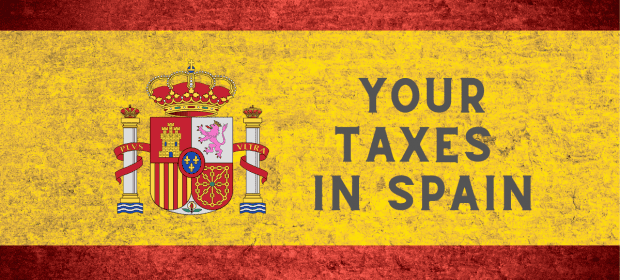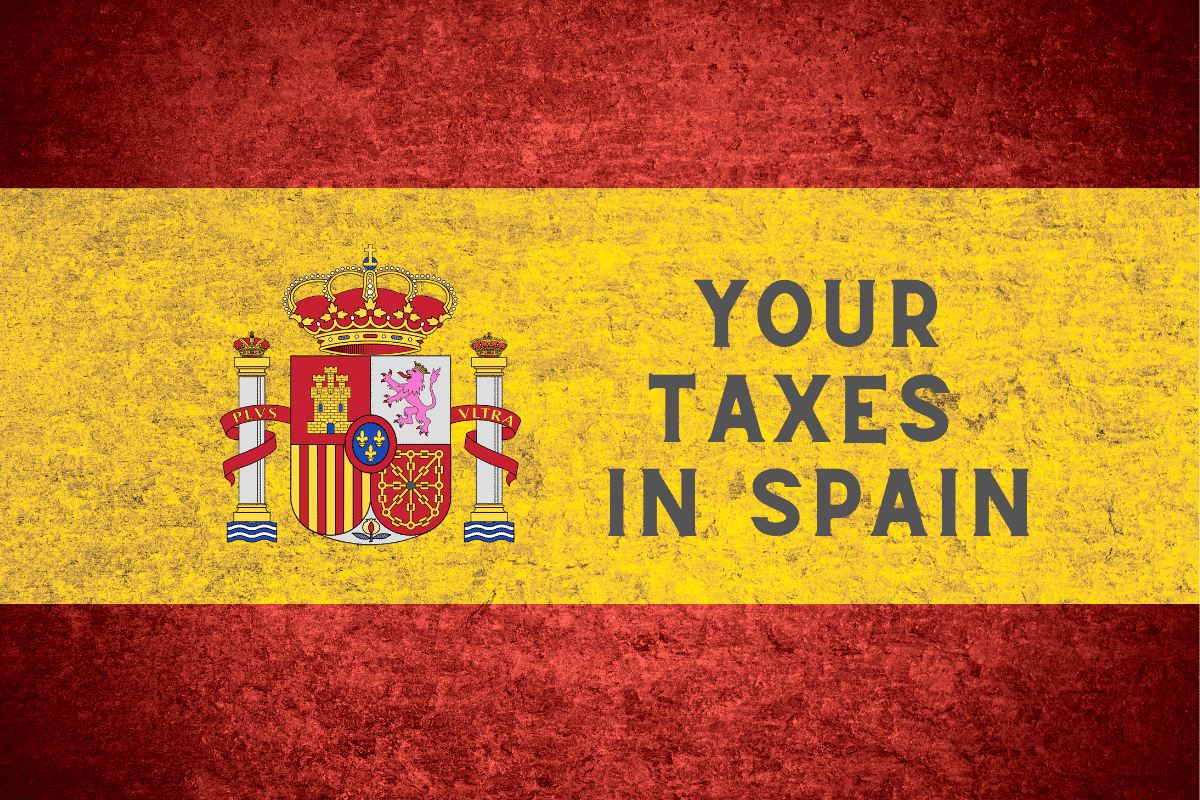Taxes are present all over the world. Just because tax rates may seem high here in Spain or because the system may seem complex, it doesn’t mean that you don’t have to pay them! It’s important that you gain an understanding as early as possible on how the system works. By doing so, you may be able to take vital action early which could potentially save you large sums of money by the time your tax bill comes around. In this article, I’m going to provide an overview of the tax situation in Spain whilst offering tips on how to reduce your tax bill legitimately.
First and foremost, it must be said that you do not have the option to choose whether or not to be a tax resident in Spain. Just because the taxes may be cheaper in the UK or the US or wherever you are from, or because you understand the tax system in your home country and not here, it doesn’t mean that you can elect to pay your taxes there. Ultimately, it boils down to if you live in Spain and if so, how many days of the year you spend here. Once you have spent 183 days in Spain in a tax year, which runs from 1st January to 31st December, you are then obliged to declare all of your income and assets and pay tax. These 183 days do not have to be consecutive. For example, in the tax year you could spend 170 days here before then leaving, coming back for a week and then leaving and coming back for another week, taking your total amount of days spent in Spain to 184.
Just because you have a residency card does not mean that you automatically become a tax resident immediately. For example, if your NIE or TIE application gets accepted and you decide to move to Spain in August 2022, and spend 5 months or less living in the country in 2022, in that tax year you will not be liable to tax. Therefore, you would have a few months to assess and take action to protect your assets from Spanish tax before becoming tax resident in the following year.
As a result, it can be highly beneficial if you are planning to move to Spain that you take action early. For example, if you decide to move to Spain in August 2022 and therefore do not become tax resident in Spain in that year, then you can dispose of your assets in that year free of tax in Spain. Therefore, you could sell your property or shares avoiding capital gains tax here and instead pay capital gains tax in your home country. Furthermore, there is no capital gains allowance in Spain. In the UK in 21/22, and 22/23, there is £12,300 capital gains allowance meaning that you will not pay tax on any capital gain up to this amount (which rises to £24,600 if you are married, joint own the asset and combine your allowance with your partner’s).
Example 1
- August 2022 – Bill moves to Spain
- August 2023 – Having been living in Spain for over 183 days in 2023, Bill sells his house in the UK. As he is now a Spanish tax resident, and this is not his primary residence, he is now required to pay capital gains tax in Spain (supposing he has made a gain on his property)
Example 2
- August 2022 – Bill moves to Spain
- September 2022 – Having been living in Spain for one month in 2022, Bill sells his house in the UK. As he is not yet a Spanish tax resident, he is not required to pay capital gains tax in Spain and he may benefit from the £12,300 tax free UK Capital Gains Allowance. The first £12,300 of profit made from selling his property may be tax free, depending on other factors such as if he has already used up his capital gains allowance for the year















